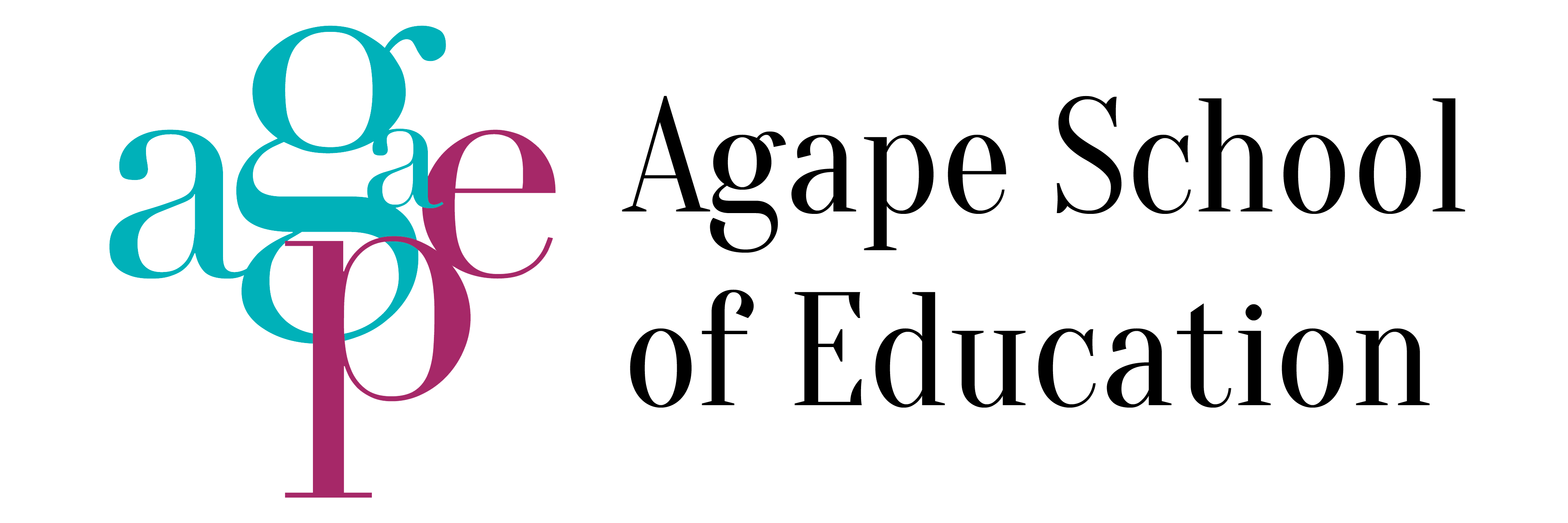If you’re trying to learn a second language the way you learn math, science, or music, chances are you’re going to become discouraged or drop the language altogether.
Because learning a language is not like learning another discipline. If you think that language is like any other skill like math or science, then you may also think that the way we teach is also the same. They are not.
When we compare speaking fluently with acing maths, the one thing that we can assure is that you are NOT going to become fluent in the target language. You might learn how to read and write in the second language, but you won’t develop spoken fluency.
What is spoken fluency?
If you’re learning a second or third language for academic or professional reasons, you will be familiar with the Common European Framework (CEFR). Under this accreditation, spoken fluency is empirical evidence of using the spoken language.
Simply put, this means that you will have to show that you can speak naturally and fluently as possible, without any preparation, and that you can quickly retrieve ready-made chunks of information in the nominated language. Fluency also involves the ability to create and hold a conversation in that same language.
If you already find language difficult, image how much more difficult it would be if you were forced to learn a language and then have to prove that you didn’t just learn it, but that you’re good at it?
Perhaps the main reason people believe that language is simply another subject is that 40 years of research in Language Acquisition have been widely ignored and therefore many language teachers and schools fail to make the distinction between the Acquiring a Language and the Learning of Language. The former refers to learning speech, an instinctual thing in all humans (even the deaf and blind), while the latter refers to learning about the language in which one has already mastered speech.

Making the distinction between the Acquiring a Language and Learning a Language is perhaps the most crucial factor in determining the ultimate success or failure of the adult seeker of a new language. If you do not make this distinction and don’t seek the logical methods for acquiring the target language, then you will most likely find yourself a classroom, a teacher, a textbook/workbook, and an inability to learn more than a few phrases. I can still recall the very first dialogue I memorized in my seventh grade German class, but I cannot speak German.
On the other hand, when learning Spanish, I sought spoken fluency first, before learning about the language (grammar). Because of that, I can comfortably live in Mexico and converse with people in the community. I am now ready to step into a learning environment (classes) where I will learn about the language.
If, as a Singaporean or member of any multi-linguistic nation remain monolingual, this can only mean that most other people in your society are bilingual. For example, many Americans only speak English, yet they have a large population of American Mexicans who have realized the benefits of bilingualism. How can you ever get past the superficial acquisition of a language and into the real, often darker and, potentially, a far more exciting culture? Without truly Learning a Language, you can’t.
What’s interesting is that the instinct to learn speech, regardless of the language, is alive and well in everyone’s brains, even in animals! If you set your mind to learning a language instead of acquiring it, you can learn Spanish or any language that you please!
At Agape School of Education, we understand the differences between acquiring and learning a language. That is why we use custom educational materials, tailored structures and hire tutors who understand and appreciate this difference. Our students don’t just top their exams. We teach them to love the language. At Agape, that’s real success.



0 Comments